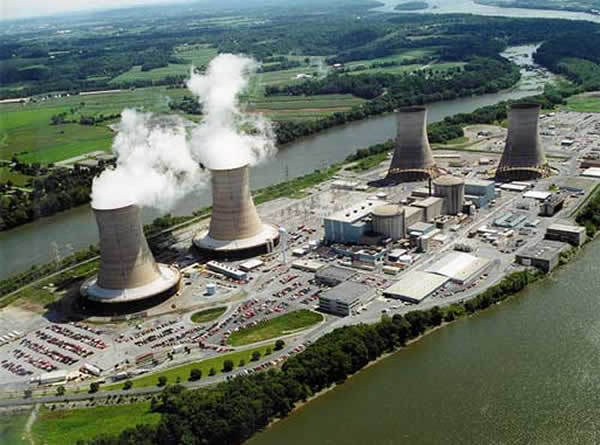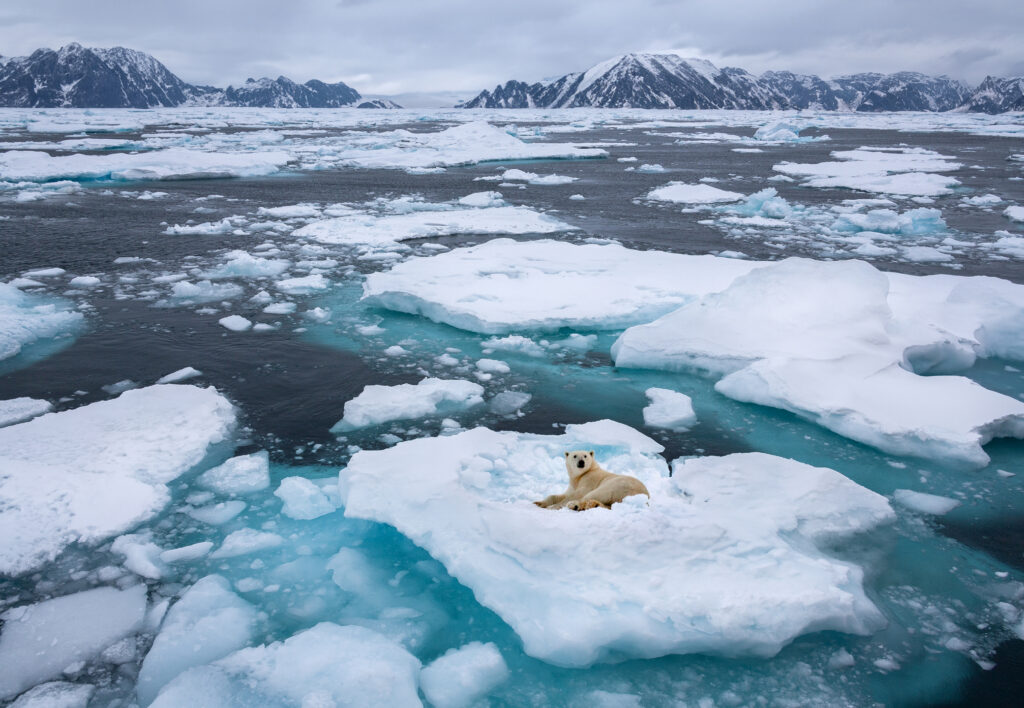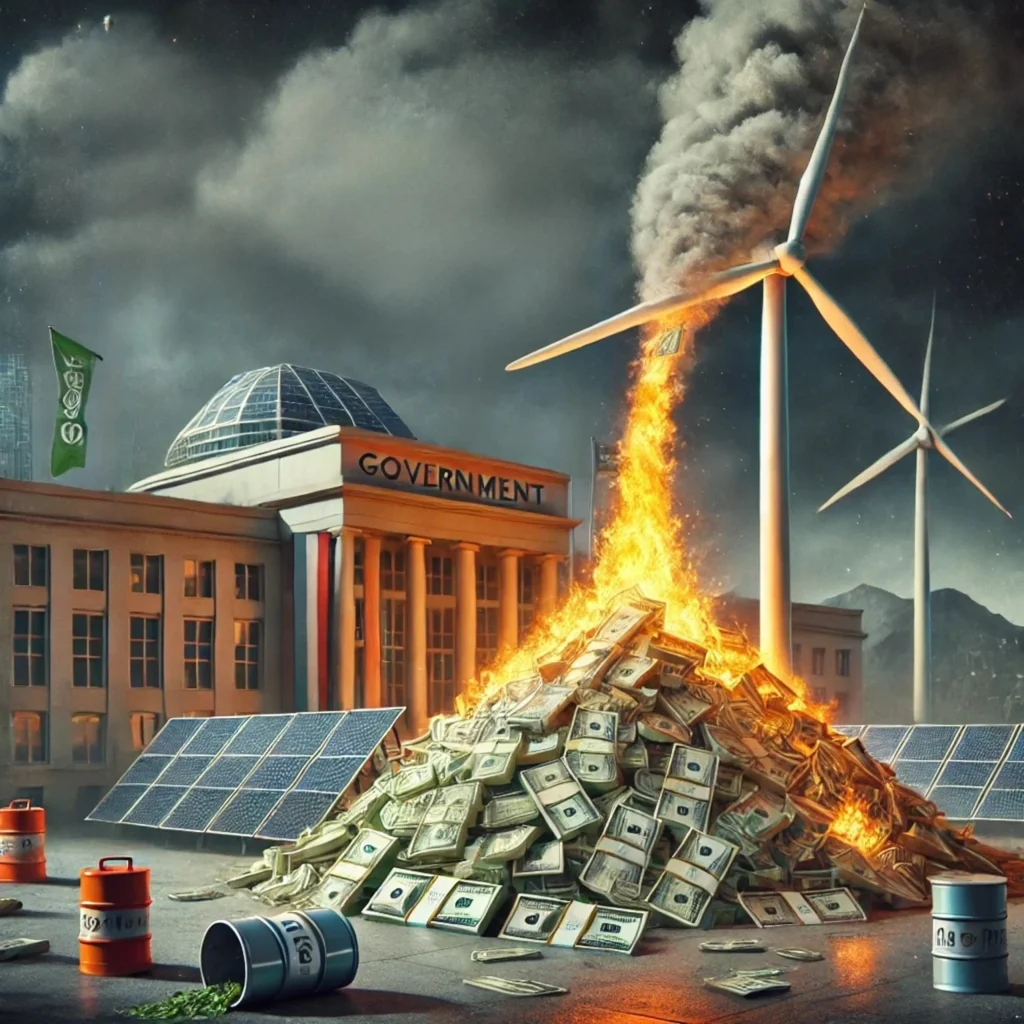Germany and Japan are making headlines for shutting down their impressive nuclear power portfolio, but far more countries are refraining from burying their head in the sand. After all, the Japanese earthquake and tsunami that killed thousands proved the safety and reliability of nuclear power. We now know a 9.0 Richter Scale earthquake caused not a single radiation illness in that otherwise tragic national disaster.
60 Plants Under Construction
Despite the conventional wisdom that the earthquake and tsunami’s impact on the Fukushima nuclear power plants would halt new nuclear power plant construction around the world, developing countries with a thirst for electricity continue to turn to nuclear power. Sixty reactors are currently under construction around the world, with many more on order. These countries’ governments have concluded nuclear must be part of their energy equation, and China sees it as the only way to reduce pollution from its aging coal-fired power plants.
France has long exported nuclear power technology, and it is now exporting nuclear education as well, having set up a school in China’s Guangdong province. The graduates will be well-schooled in French and receive Master’s degrees in nuclear engineering to help with the 26 nuclear plants now under construction in China.
The glut of cheap natural gas in the United States will likely preclude any major nuclear power construction programs in the near future, but regulators have approved for construction two new nuclear power plants in Georgia utilizing third-generation safety technology that effectively renders a serious nuclear accident inconceivable.
Technology Keeps Improving
The nuclear industry has been improving reactor technology for nearly a half century. Generation I reactors were developed in the 1950s and ’60s, and outside of Great Britain, none are active today. Generation II reactors are typical in the current U.S. and French programs. Generation III reactors are the most advanced in the world, and represent a substantial leap in economy, efficiency, and safety.
You can expect to read articles in the coming months and years claiming nuclear power is on its way out. Don’t believe a word of it. Redundant safety mechanisms well above what is truly necessary will indeed put it at a price disadvantage in the United States for many decades, but elsewhere in the world nuclear power will remain the very best option when taking into account efficiency, safety, and economics.
Without even mentioning the huge interest in modular reactors which will make them easier to deploy, and new fuel additives which will make them safer, the United States has taken the Fukushima event seriously and will soon implement newly developed safety mechanisms such as higher levels of backup power, better ventilation, and cooling sprays for spent fuel.
As I have noted in previous articles, the nuclear industry has itself to blame for the public relations disaster that caused more hysteria and misery in Japan than Fukushima radiation ever could. But despite the industry’s poor performance in this area, nuclear power will survive and prosper around the globe in the coming decades. If we ever run out of inexpensive fossil fuel, nuclear power will always be there to power the planet.
Jay Lehr, Ph.D. ([email protected]) is science director of The Heartland Institute.





